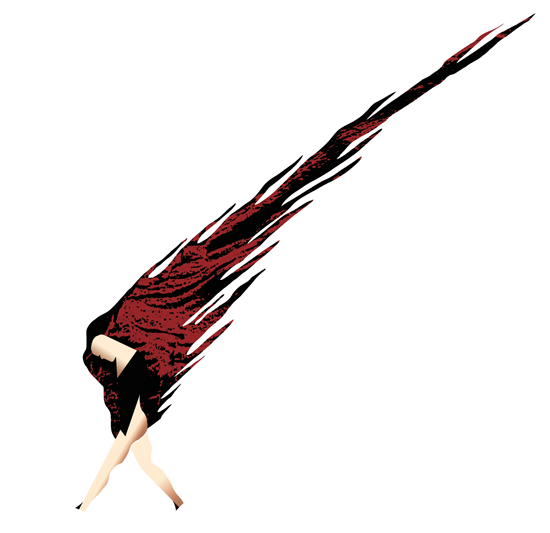During the Gembun era (1736–40), a fire broke out at the neighboring Numazu post station. I sent two of my monks and our old servant Kakuzaemon to find out what was happening. Kakuzaemon came running back, gasping for breath, and made the following report.
“Ahh, there is nothing as terrifying or as hateful as fire! Eight hundred dwellings, suddenly reduced to ash. How damaging and destructive it is! And yet it also has a trait that I admire.”
“What would that be?” I asked.
“It occurred to me, on considering how rapidly fire spreads in the darkness, that if it burned with a black flame it would destroy many more human lives, and I probably wouldn’t have returned here alive. It is fortunate that its flames burn so brightly. Even tiny fires, small as a bean or grain of wheat, flicker like stars, almost as though they had a consciousness of their own.”
Kakuzaemon’s words set me to thinking. I turned them over and over in my mind. The black fire of impermanence—birth-and-death—moves with wind-like speed, never ceasing day or night, and consumes us all. Not a single person, young or old, exalted or lowly, priest or layman, wise or foolish, can escape its destruction. Yet no shouts of “Fire!” “Fire!” are ever heard. Moreover, the principle of karmic retribution—cause and effect—works with perfect clarity right before our eyes. Even the smallest, most minor evils are consumed in this fire, burning like dim stars in the night. The most frightening thing is that most people remain unaware of this, until sooner and later they are completely enveloped in the flames. It is truly sad.
I shouted, “Kakuza!” Kakuzaemon looked up. “Don’t say that you returned here alive and unharmed. Don’t you know that you’ve been burned to a crisp? You’re a lump of charcoal!”
Kakuzaemon sat with a blank look on his face. I gave a loud shout. His blankness only deepened.
♦
Copyright © 2014 by Norman Waddell from Poison Blossoms from a Thicket of Thorn. Reprinted by permission of Counterpoint.
Thank you for subscribing to Tricycle! As a nonprofit, we depend on readers like you to keep Buddhist teachings and practices widely available.
